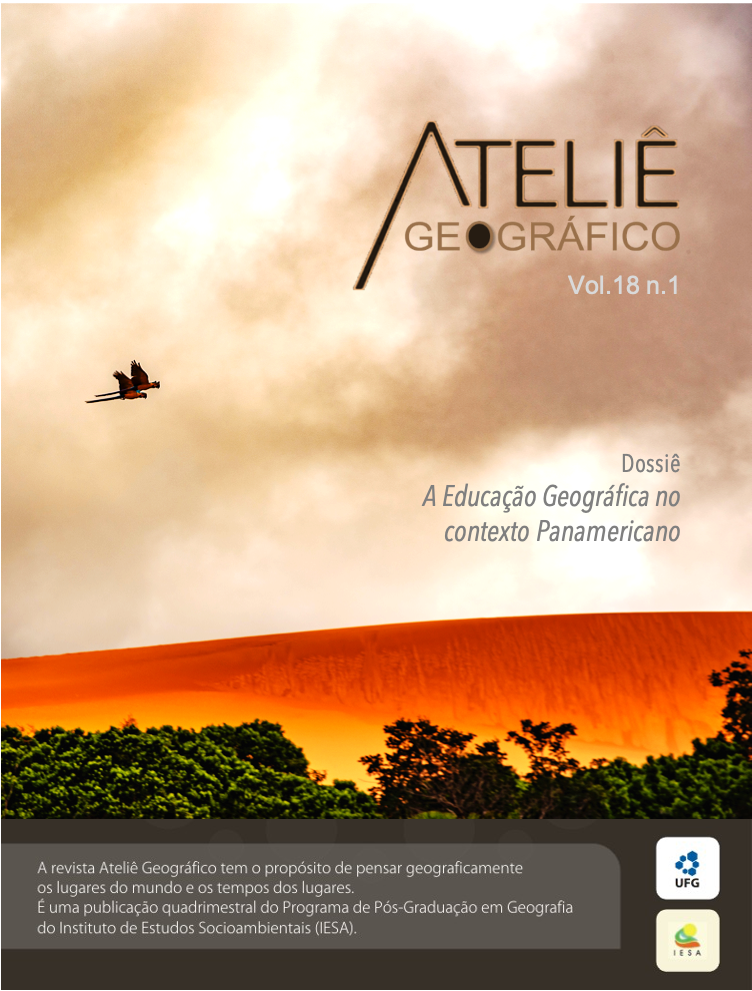Fieldwork in teaching Geography and History: formative experiences in Brazil and Chile
DOI:
https://doi.org/10.5216/ag.v18i1.79021Abstract
This article presents two experiences of innovation in primary and secondary education, with the aim of discussing the importance of fieldwork or study visits in the teaching of Geography and History. The innovation consists of incorporating the fieldwork technique in different educational contexts with the aim of allowing students to understand, from a critical perspective, the local reality and act towards its transformation based on problematizing the surroundings, with the aim of building and developing democratic education and citizenship training. The experiments were carried out in different projects, in Brazil and Chile. To cover the presentation of experiences, we first address spatial thinking in the curriculum and fieldwork as a methodological strategy in Geography and History. The specific practices and curricula of each of the schools are presented below. Finally, in the final considerations, we point out the similarities and differences between practices and the importance of initial teacher training and school organization so that Fieldwork, as a methodological tool, can be carried out.
Downloads
Downloads
Published
How to Cite
Issue
Section
License
Autores que publicam nesta revista concordam com os seguintes termos:- Autores mantém os direitos autorais e concedem à revista o direito de primeira publicação, com o trabalho simultaneamente licenciado sob a Licença Creative Commons Attribution que permite o compartilhamento do trabalho com reconhecimento da autoria e publicação inicial nesta revista.
- Os autores não serão remunerados pela publicação de trabalhos na Revista Ateliê Geográfico. Além disso, os conteúdos publicados são de inteira e exclusiva responsabilidade de seus autores, ainda que reservado aos editores o direito de proceder a ajustes textuais e de adequação às normas da publicação.
- Autores têm permissão e são estimulados a divulgar seu trabalho online (ex.: em repositórios institucionais ou na sua página pessoal), já que isso pode gerar alterações produtivas, bem como aumentar o impacto e a citação do trabalho publicado (Veja O Efeito do Acesso Livre).


